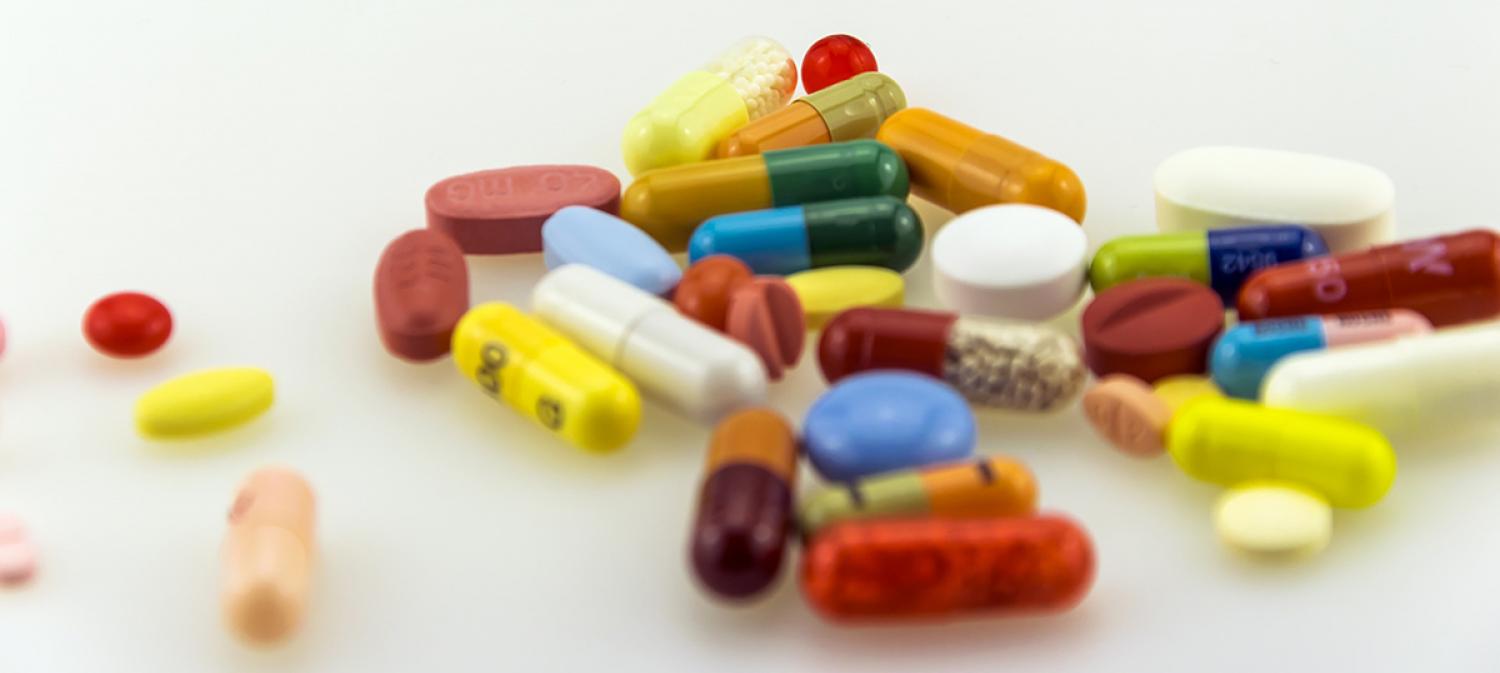
Elsevier, Antimicrobial Resistance, 2019.
This article selection displays a sample of research that Elsevier publishes in its microbiology and medical journals, highlighting Elsevier's contribution to the efforts of battling the huge problem of antimicrobial resistance (AMR). Research within this selection supports SDGs 3 (good health and well-being), 6 (clean water and sanitation), 12 (responsible production and consumption) and 17 (partnerships for the goals).
Elsevier, Drug Discovery Today, Volume 22, 1 February 2017
Anti-infective drugs have had a key role in the contemporary world, contributing to dramatically decrease mortality rates caused by infectious diseases worldwide. Antimicrobial peptides (AMPs) are multifunctional effectors of the innate immune system of mucosal surfaces and present antimicrobial activity against a range of pathogenic viruses, bacteria, and fungi. However, the discovery and development of new antibacterial drugs is a crucial step to overcome the great challenge posed by the emergence of antibiotic resistance.
Elsevier, Trends in Microbiology, Volume 25, 1 March 2017
The past decade has witnessed a burst of study regarding antibiotic resistance in the environment, mainly in areas under anthropogenic influence. Therefore, impacts of the contaminant resistome, that is, those related to human activities, are now recognized. However, a key issue refers to the risk of transmission of resistance to humans, for which a quantitative model is urgently needed. This opinion paper makes an overview of some risk-determinant variables and raises questions regarding research needs.
Elsevier, The Lancet Infectious Diseases, Volume 17, 1 February 2017
In February, 2016, WHO released a report for the development of national action plans to address the threat of antibiotic resistance, the catastrophic consequences of inaction, and the need for antibiotic stewardship. Antibiotic stewardship combined with infection prevention comprises a collaborative, multidisciplinary approach to optimise use of antibiotics. Efforts to mitigate overuse will be unsustainable without learning and coordinating activities globally.
Elsevier, Science of the Total Environment, Volume 616-617, March 2018
As emerging contaminants, antibiotic resistance genes (ARGs) have become a public concern. This study aimed to investigate the occurrence and diversity of ARGs, and variation in the composition of bacterial communities in source water, drinking water treatment plants, and tap water in the Pearl River Delta region, South China. Various ARGs were present in the different types of water. Among the 27 target ARGs, floR and sul1 dominated in source water from three large rivers in the region.
